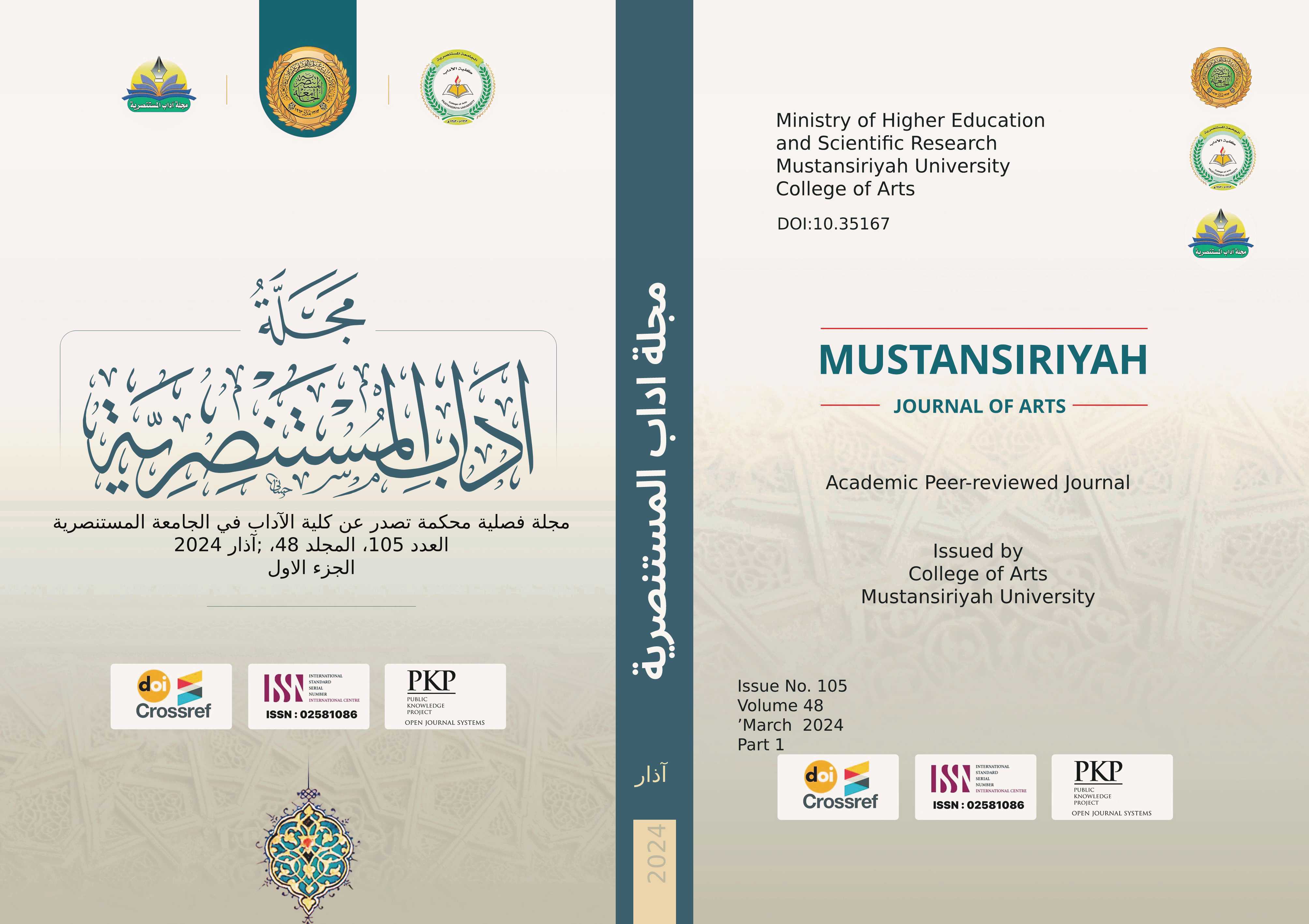The phenomenology of the self according to Saint Augustine
Abstract
This study is concerned with presenting a new reading of the Augustinian text in accordance with the phenomenological principle, as it assumes that it is possible to re-read the concept of self according to saint Augustine from the phenomenological perspective as philosophical pattern or method of the major sects, since the first attempts of philosophizing. Accordingly, this study has dealt with the phenomenological dimension of self according to Augustine. It came in three basic pillars, the first pillar was represented by self proving its existence by appearing in reality as a conscious self contemplating its existence (the cogito) as self has moved from doubt to certainty, and every authentic self-awareness towards reality is a phenomenological practice. As for the second pillar , it focuses on the phenomenology of self- love, which is the ideal way for the self to appear in life, because love is a means and an end at the same time. It is love that achieves awareness of God, which represents the third and most important pillar . According to Augustine, memory is the link between the basic phenomenological foundations of the self.
Downloads
Published
Issue
Section
License

This work is licensed under a Creative Commons Attribution-ShareAlike 4.0 International License.


